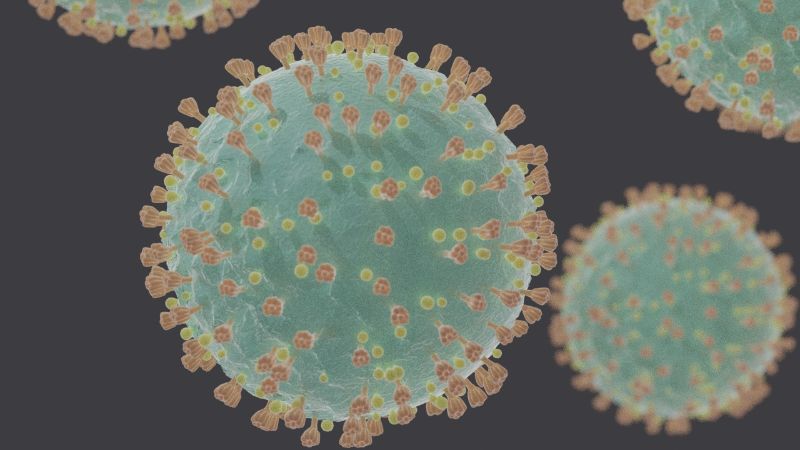
Researchers at Guy’s and St Thomas’ NHS Foundation Trust in the UK have launched a clinical trial to assess blood plasma therapy for Covid-19 treatment.
Guy’s and St Thomas’ is one of the first sites participating in the REMAP-CAP trial, which is assessing various therapies for severely ill patients.

Discover B2B Marketing That Performs
Combine business intelligence and editorial excellence to reach engaged professionals across 36 leading media platforms.
The plasma therapy, called convalescent plasma treatment, requires blood plasma donations from people who have recovered from Covid-19.
This plasma is administered to Covid-19 patients who could not generate sufficient antibodies against the virus.
Guy’s and St Thomas’ clinician scientist Dr Manu Shankar-Hari said: “At the moment, there is no proven treatment for Covid-19.
“Convalescent plasma is a promising treatment that could help patients whose bodies aren’t producing enough antibodies to curb the disease. This trial will help us understand whether the treatment should be used more widely to treat Covid-19.”

US Tariffs are shifting - will you react or anticipate?
Don’t let policy changes catch you off guard. Stay proactive with real-time data and expert analysis.
By GlobalDataWith support from UK National Institute for Health Research (NIHR), the trial is co-led by Dr Shankar-Hari with NHS Blood and Transplant and University of Cambridge experts.
Last month, the UK Government approved a national clinical trial to assess plasma therapy for the treatment of Covid-19 patients.
The trial will assess the effectiveness of convalescent plasma, which is obtained from recovered patients, in severely ill Covid-19 patients.
A scaled-up national programme, if effective, will supply up to 10,000 units of convalescent plasma each week to the NHS, enabling the treatment of 5,000 patients per week.
Researchers will use plasma from patients who have recovered for at least 28 days to ensure increased antibody levels.





